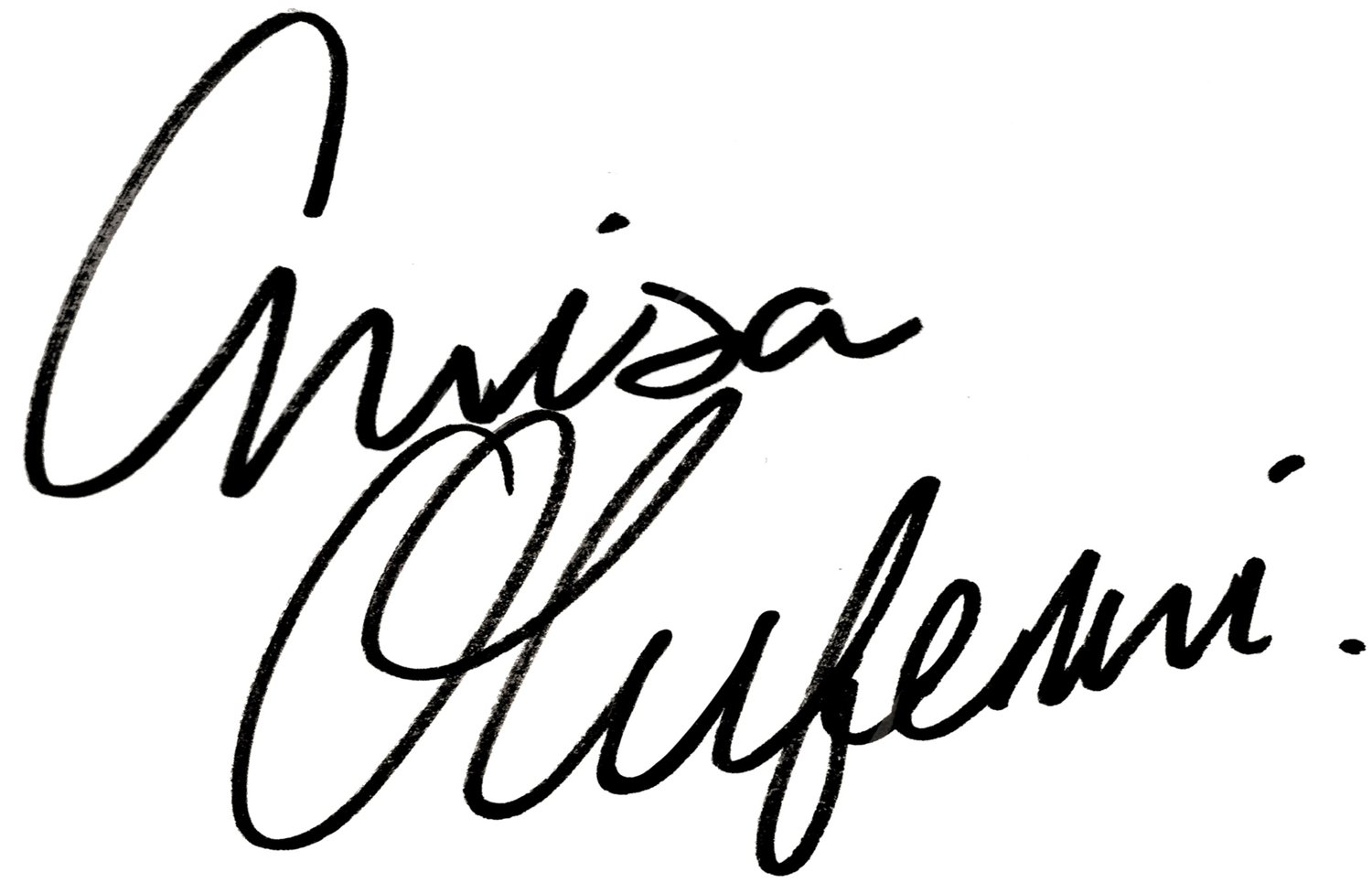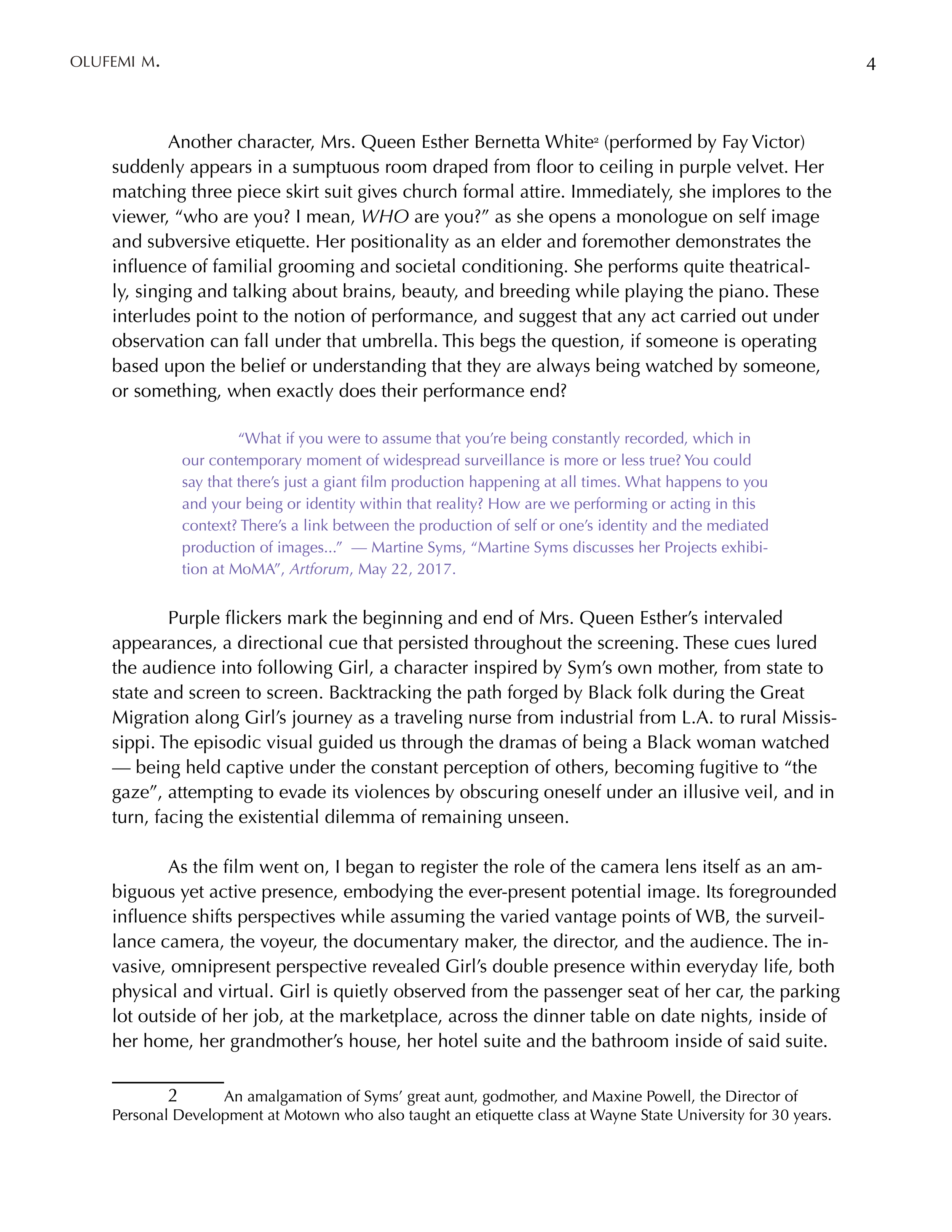WATCHING ME: On Being a Black Woman in a Surveillance State
On the 20th anniversary of Jill Scott’s debut album Who Is Jill Scott? Words and Sounds Vol. 1, this multi-part essay series utilizes the track “Watching Me” as a vehicle to challenge the pervasive affects produced by the rampant evolution of surveillance technology and tactics that has occurred from 2000-2020. Centering the art, scholarship, and lived experiences of Black women such as Jill Scott, Martine Syms, Simone Browne, and more, this series will unpack some of the many ways in which the surveillance state, often referred to as a “surveillance occupation,” has severely impacted 21st century Black American culture and society, and given rise to significant concerns among Black American gender marginalized folks.
PART TWO - November 2, 2020
PART ONE - July 20, 2020
Excerpt of a virtual lecture led by Anisa Olufemi, facilitated by Professor Hiba Ali at The University of Oregon on Thursday, May 27, 2021.
Part Three of the essay series Watching Me: On Being a Black Woman in a Surveillance State centers the lived experience of Assata Shakur, one of the most well-known revolutionary Black women to ever evade state persecution.
What does it mean to live in a state of fugitivity, to be forever branded as criminal? How might we recontextualize the notion of a Public Image, a Public Enemy, or conversely, Most Wanted? Here, Anisa Olufemi aims to interrogate these concepts and contemplate the duality of imaging as both a widely accepted cultural norm as well as a state weaponized practice of constructing false narratives, creating erasures and establishing permanence — the image as proof, and image as bond.
I deeply appreciate every individual who takes the time to read, share, and discuss my work. That being said, I would love for my readers to acknowledge this offering for what it is — labor. I encourage those who are able (especially non-Black folks) to donate monetary offerings in support of this ongoing project. These funds will allow me to purchase the books needed to further my research, pay the Black women who have so graciously offered to edit and format the series, and commission other Black artists to produce #WATCHINGME2020 promotional audio and visuals.
Gratitude to Nia Scott, Imani Love, my mentors, and so many others from my chosen family for their continued support.













